Best small printers 2025: The best compact printers for business
Want great quality prints, but don’t have a whole heap of space? These are the best small printers you can buy

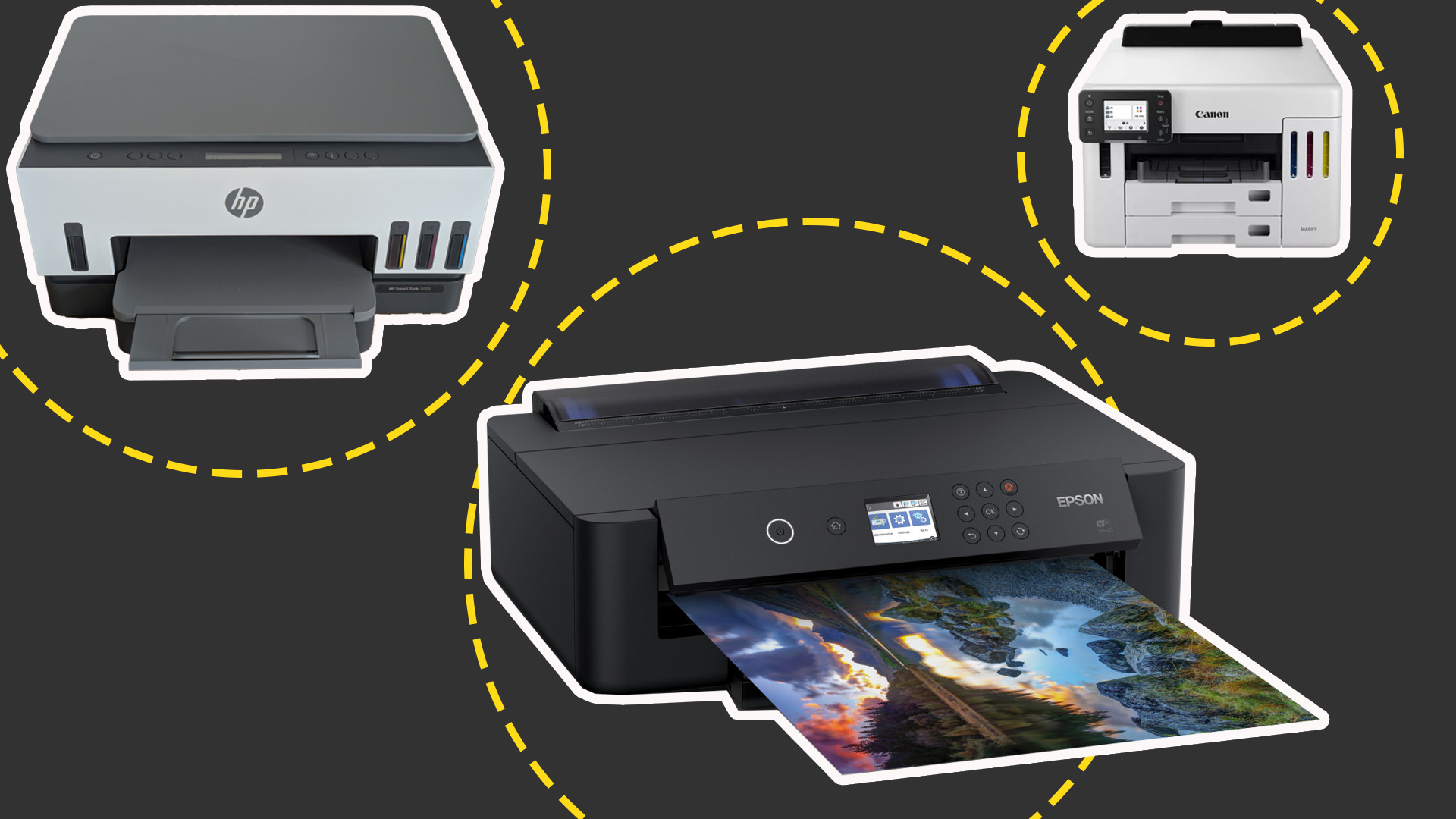
Sign up today and you will receive a free copy of our Future Focus 2025 report - the leading guidance on AI, cybersecurity and other IT challenges as per 700+ senior executives
You are now subscribed
Your newsletter sign-up was successful
Choosing the best small printer for a business can be a tricky process, requiring careful consideration in terms of costs, maintenance, and, ultimately, convenience.
If you’re hoping to tuck your printer away in a bookshelf or squeeze it onto a desk, choosing a bulkier model is a surefire way to cause headaches and clutter up your workspace.
Notably, opting for a device that gets the job done is crucial. Luckily there’s no shortage of capable printers out there on the market.
As with any purchase though, choosing a printer is often a case of making concessions – be that in terms of price, quality, and even speed. The reality is that manufacturers simply can’t fit everything into these compact devices, but if you shop around you’ll find there are options that tick most of the necessary boxes.
With that in mind, if you’re looking for a compact business printer, here are five of the best out there on the market. Our selection ranges from a sub-£60 marvel right through to a do-it-all laser MFP.
How to find the best small printer for business
You’re going to be let down if you’re hoping to cram every printing feature into the smallest device around. Compact printers often lack useful features like multiple paper trays, for example.
Similarly, if it’s a small multifunctional peripheral (MFP), then this might not have room for an automatic document feeder (ADF), which enables multi-page scans, copies, and faxes.
We’ve found that smaller consumables also come with added risks, often requiring more frequent maintenance and slightly higher running costs. For a small business working on a tight budget, this presents major challenges.
So, if you’re looking to keep those costs down, perhaps stick to refillable inkjets, which offer roughly the lowest cost of ownership out there.
Size matters with printers
Size is critical, especially for those working in a home office or small business office. The last thing you want is a bulky printer swamping a workstation. When choosing a printer with this in mind, consider whether you can get by with a single-function printer, rather than an MFP.
These offer the ability to create decent photocopies using your phone camera via the manufacturer’s app. It’s worth noting, however, that this won’t help if you need to fax, and it’ll probably become annoying if you make lots of copies.
With that in mind, it's important to plan ahead. You might find it's better to buy a slightly larger and more capable MFP now than, for example, buy a very compact printer that can't cope as your business takes off.
If you can compromise a little on space, you can still get feature-rich small printers. Take the Xerox B315DN in our guide (below): it packs duplex printing and scanning with an ADF into a 0.15m2 footprint – only about twice the very smallest printers.
Some features simply can't be shrunk, though. If you must have an A3-capable printer, you'll just have to find somewhere with the space for it.
Whatever small printer for business you're considering, don't compromise on quality. Focus on something that balances decent speeds with reasonable results, and you won't find yourself wishing you'd spent more – or worse, buying a new printer just a few months down the line. In this list, we've focused on small printers that deliver on the basics, but each has its own special talents.
The best small printers
Canon MAXIFY BX110
Our expert review:
Reasons to buy
Reasons to avoid
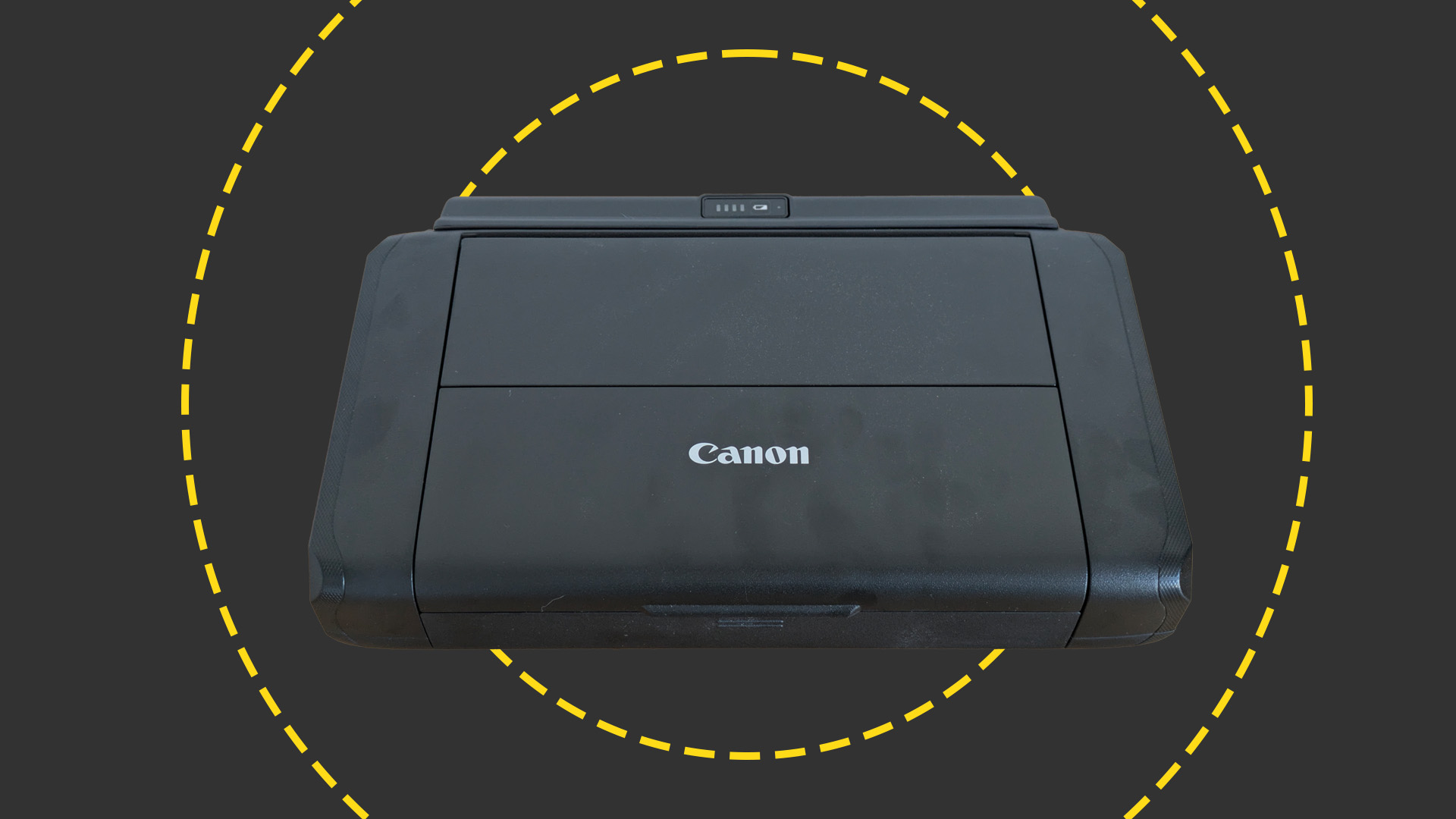
When it comes to mobile devices that print on normal A4 paper, you're limited to a portable inkjet. And there are few better than the Canon MAXIFY BX110.
Despite being smaller than a ream of paper, this tiny inkjet has many of the features you'd expect from a regular single-function device. On top, there's a small screen with a simple control panel. Lift a flap, and you'll find a couple of squat ink tanks (one contains black, while the other has cyan, magenta, and yellow inks). And you can either connect the MAXIFY BX110 with a USB-C cable or join a Wi-Fi network.
The MAXIFY BX110 also comes with a removable, rechargeable lithium-ion battery, which lets you take it wherever you want and still print a claimed 330 pages. However, if you keep it in the office, you can plug in and recharge in about two hours, or five hours over USB if you're away from a power outlet.
There are other mobile-friendly tweaks, such as an access point (AP) wireless mode, allowing you to connect and print from multiple mobile devices, and covers that fold flat and keep fluff and dust out of the paper path.
Due to its size, the MXIFY is slower than a full-sized injet and also a bit more expensive to run. But these are worthwhile compromises for an excellent small printer. In our review, we said it was our new favorite mobile printer, and we stand by that.
Technology | Color inkjet |
Maximum print resolution | 4800 x 1200dpi |
Dimensions | 66 x 322 x 210mm |
Maximum paper size | A4/legal |
Weight | 2.3kg |
Speeds | 2.2ppm for color |
Price when reviewed: £185 exc. VAT
HP Smart Tank 7005
Our expert review:
Reasons to buy
Reasons to avoid
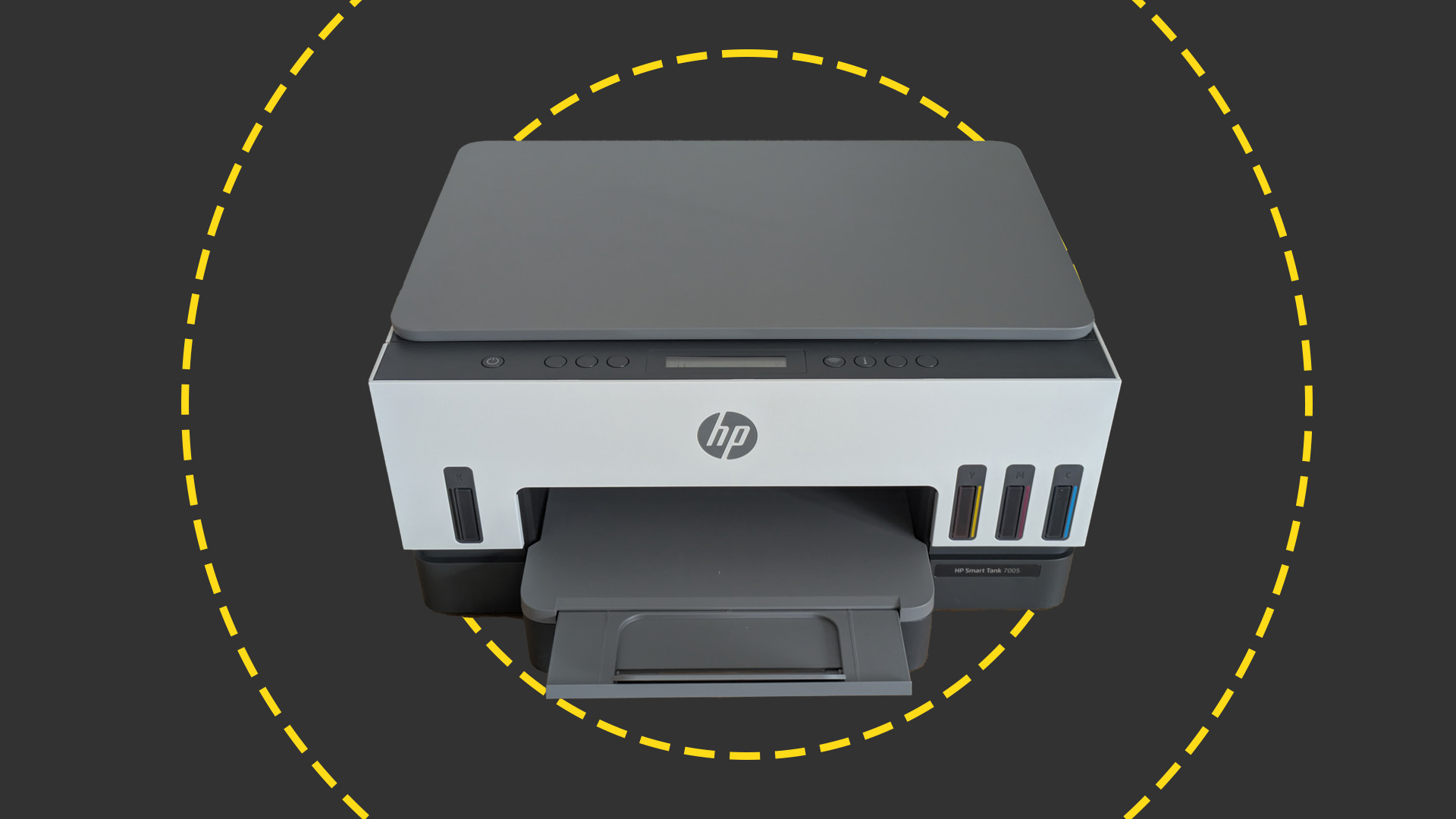
If you want a compact printer with low running costs, there's no better choice than a refillable inkjet. HP's Smart Tank 7005 is a strong example, arriving with enough ink to cover around 12,000 black or 8,000 color pages. That's an incredible value, equating to around 2.3p per page with a free printer thrown in. Once you finish the supplied ink, you'll pay around 0.4p per full-color page, which is almost unbeatable.
It's a good thing, then, that this MFP is competent elsewhere. At 13 pages per minute it's a fast enough text printer for most micro businesses. That's pretty much the story for its color printing, scans, and copies, which are all fast enough for light office use among a few people.
Print and copy quality are generally good, but this MFP's weaknesses in our tests were underwhelming photo prints, and blocky document scans. Still, if you're after a small and smart MFP with ultra-low running costs, and you'll only scan occasionally, the Smart Tank 7005 remains a good choice.
Technology | Inkjet MFP |
Dimensions | 435mm x 362mm x 157mm |
Maximum print resolution | 4,800 x 1,200dpi |
Paper handling | 250-sheet tray |
Connectivity | USB, 802.11b/g/n Wi-Fi |
Speed | 15/9ppm mono/color |
Read our full HP Smart Tank 7005 review for more information.
Canon MAXIFY GX6550
Our expert review:
Reasons to buy
Reasons to avoid
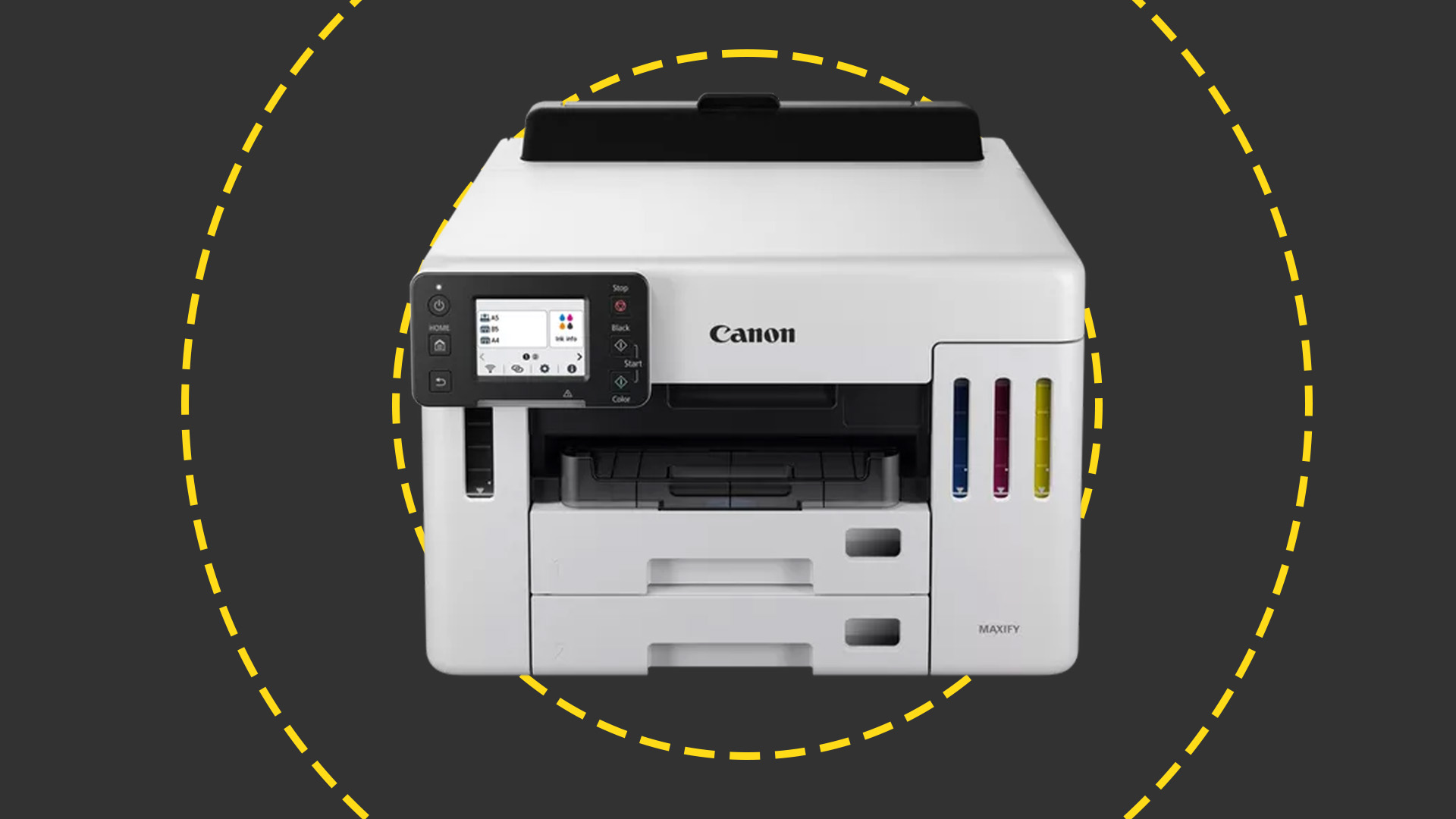
Canon's MAXIFY GX6550 is a compact and odd-looking MFP with refillable ink tanks. That gives it very low running costs of around 0.5p per page, but its real USP is a scanner with a very unusual portrait orientation. With its ADF accessed from the front, rather than the top or side, the GX6550 is ideal for wedging back into shelving or a tight cubby hole, such as you might find on a reception desk.
This is a fairly strong MFP in most respects, supporting full duplex scans, copies and prints. Its only real omission is a fax modem, which could be an issue if you are buying for reception. One other problem is that the scanner has a small, 5x7" platen, ruling out A4 scans from the glass – you won't be able to open the scanner lid if it's in a confined space, anyway. All in all, the GX6550 could be an excellent choice where you have limited headroom, but if an ultra-small footprint is more important, consider Epson's WorkForce WF-110 (above).
Technology | Inkjet |
Dimensions | 479mm x 370mm x 159mm |
Maximum print resolution | 6,00 x 1,200dpi |
Paper handling | 250-sheet cassette, 100-sheet tray, 35-sheet ADF |
Connectivity | USB host, USB, 10/100 Ethernet, 802.11a/b/g/n/ac wireless |
Speed | 24/15.5ppm mono/color |
Price when reviewed: £235 exc. VAT
Read our full Canon MAXIFY GX6550 review for more information.
FAQs
Where should I put my small printer?
If your working area doesn't have a lot of spare space, it can be difficult to work out where to put even the smallest printer. Placing it within arm's reach of the PC may seem like the most natural option, but it might not be the best. Most modern printers now come with wireless networking as standard, which means you're not limited by cable routing. Placing it somewhere out of the way – such as on a shelf, or even tucked away in a cupboard – can be a great way to stop a printer taking up valuable real estate.
It's best to put devices used by other people such as coworkers, housemates or family members in an easily accessible central location, such as a sideboard or end table. If you're going down this route, however, you might want to choose a printer that looks reasonably attractive.
How can I maintain my small printer?
All printers will need replacement consumables or topping up with ink. For a laser printer, that's usually it -- although it helps to give any printer an occasional dusting or a wipe down with a damp cloth.
Inkjet printers don't tend to like being left idle for more than a couple of weeks, as it can cause some of their ink nozzles to dry up and become blocked. This reduces their print quality. It's a good idea to print at least a page every month, increasing this frequency if you find the printer still becomes blocked. If it does, check on the display or in the print driver options for print head test patterns and cleaning cycles.
On all printers, you should check regularly for firmware updates, or make sure that automatic updates are enabled. These can be selected via many printer's settings menus, or by running the update program installed with the drivers.
Do I need a small printer with a scanner?
Unless you know you'll never need it, we generally recommend all businesses have at least one multifunction printer that can print, scan, copy, and fax. If you're buying your first printer, that means you probably need an all-in-one.
Otherwise, you can save a bit of money and space by sticking with a single-function printer. But remember – even one big MFP takes up less room than the printer you bought initially, and the MFP you had to add later because you needed a scanner after all.
How we test small printers
When testing a printer, there are two key metrics that we measure to assess its performance: speed and image quality. The first of these is measured by running a batch of documents through the machine and timing how long it takes to get through the whole job from the point we hit print, as well as how long it takes to produce the first page.
We use a 25-sheet black-and-white text document to test mono performance, as well as a mixed sheaf of 24 web pages, magazine pages, and presentation slides to test color speed. For inkjet devices, we'll also repeat the mono test at draft quality, and to measure duplex printing, we'll run the first ten pages of the mixed graphics workload, measuring the images per minute.
Image quality, meanwhile, is tested by assessing a series of greyscale pictures, color photos, and mono office documents. For devices with scan functionality, we'll look at the image quality of a scanned office document, color photo, and color input target chart, looking primarily for any evidence of color banding or loss of clarity in both cases.
To measure scan speeds, we time how quickly an MFP can deliver a single photocopy, how quickly it scans at various resolutions, and how quickly preview images appear. In the event that a compact printer includes an ADF, we'll use a ten-page copy job to test its speeds in both mono and color (where we can), and if both it and the printer are duplex, we'll test this with a ten-sheet double-sided batch as well.
Sign up today and you will receive a free copy of our Future Focus 2025 report - the leading guidance on AI, cybersecurity and other IT challenges as per 700+ senior executives
After a brief career in corporate IT, Simon Handby combined his love of technology and writing when he made the move to Computer Shopper magazine. As a technology reviewer he's since tested everything from routers and switches, to smart air fryers and doorbells, and covered technology such as EVs, TVs, solar power and the singularity.
During more than 15 years as Shopper's long-time printer reviewer, Simon tried, tested and wrote up literally hundreds of home, small office and workgroup printers. He continues reviewing smart products and printers for a variety of publications, and has been an IT Pro contributor since 2010. Simon is almost never happier than when surrounded by printers and paper, applying his stopwatch and a seasoned eye to find the best performing, best value products for business users.
-
 Pulsant unveils high-density data center in Milton Keynes
Pulsant unveils high-density data center in Milton KeynesNews The company is touting ultra-low latency, international connectivity, and UK sovereign compute power to tempt customers out of London
-
 Anthropic Labs chief claims 'Claude is now writing Claude'
Anthropic Labs chief claims 'Claude is now writing Claude'News Internal teams at Anthropic are supercharging production and shoring up code security with Claude, claims executive
-
 Westcoast named as full-service distributor for Kyocera’s A4 print solutions
Westcoast named as full-service distributor for Kyocera’s A4 print solutionsNews The new agreement will see Westcoast act as a “one-stop shop” for Kyocera’s ECOSYS A4 devices, consumables, and support
-
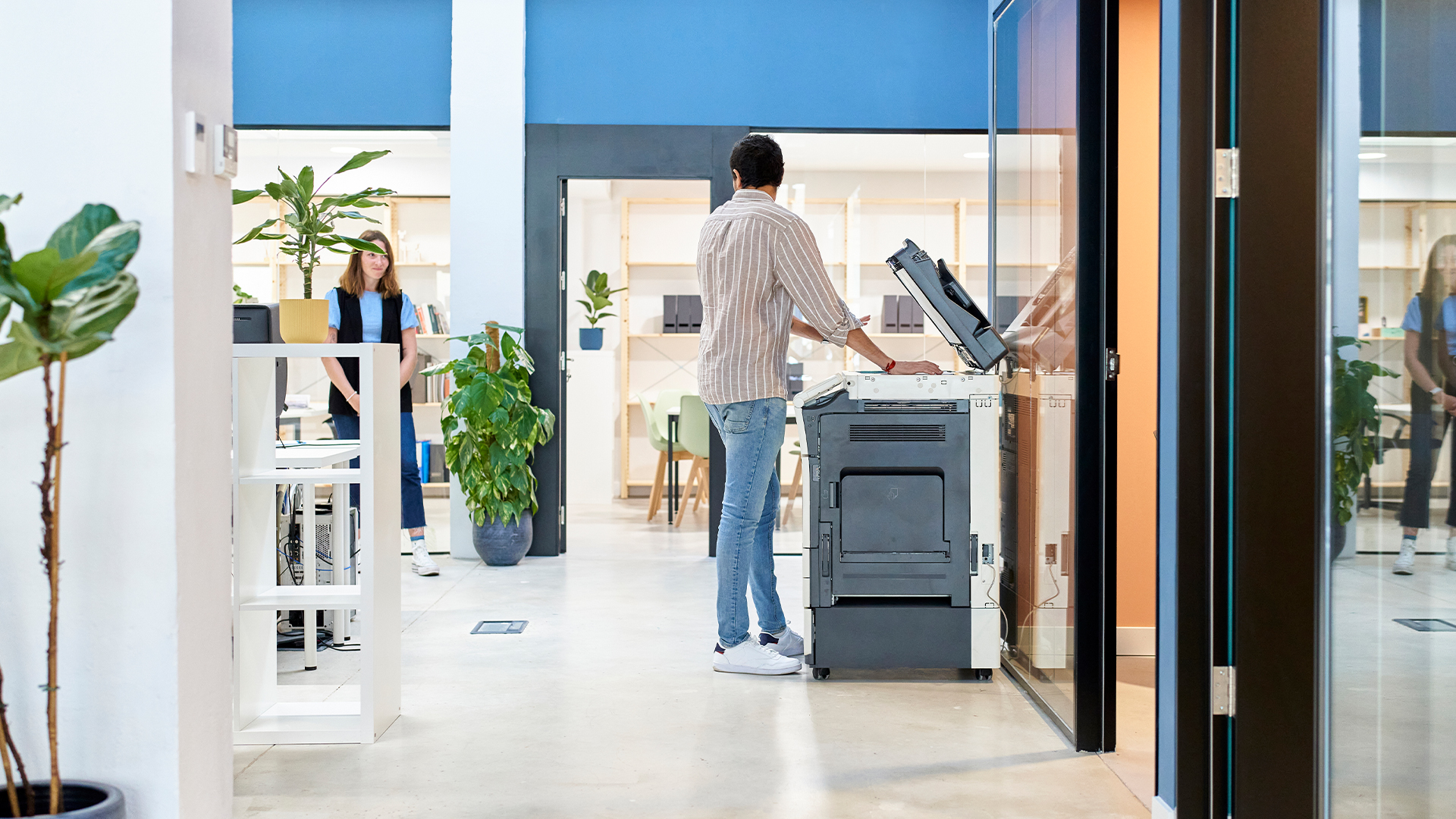 Neglecting printer security is leaving you wide open to cyber attacks
Neglecting printer security is leaving you wide open to cyber attacksNews Enterprises are ignoring printer security risks and failing to update, according to HP Wolf Security, leaving them vulnerable to cyber attacks.
-
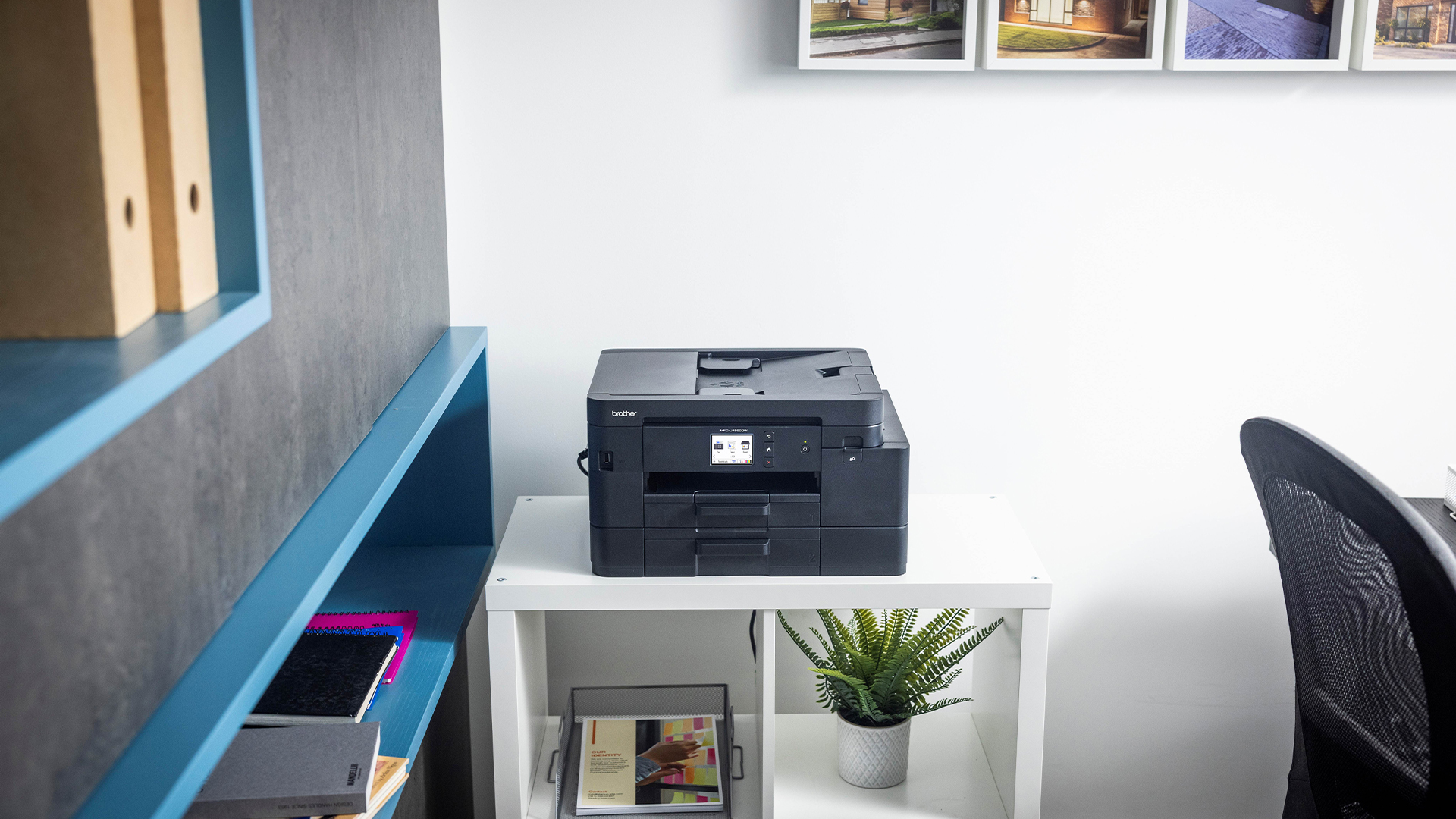 Brother UK revamps inkjet lineup to drive partner opportunities
Brother UK revamps inkjet lineup to drive partner opportunitiesNews The vendor has replaced its A4 Mini Business and A4 Mini Regular printers to help channel partners meet increasing market demand.
-
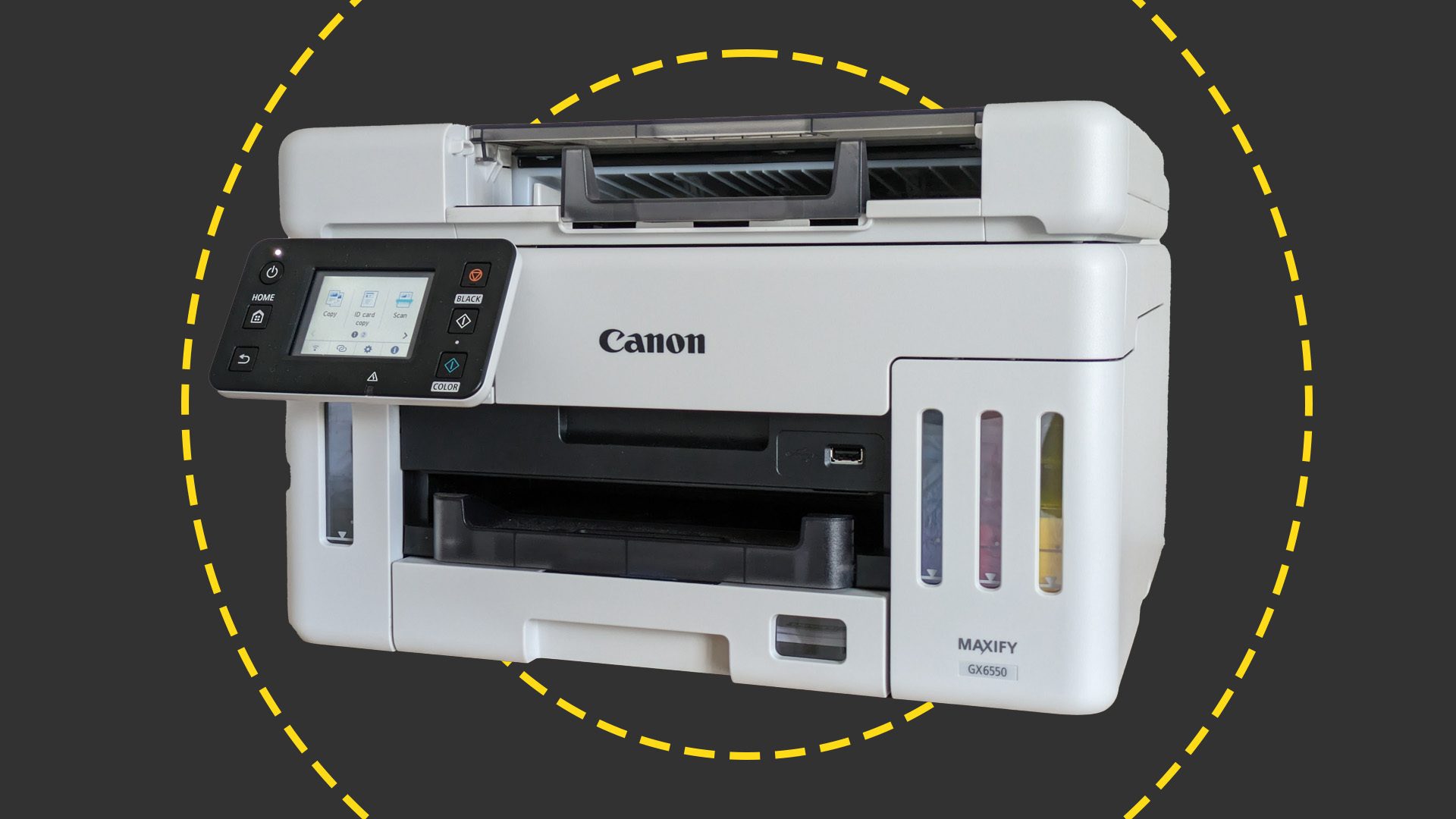 Canon MAXIFY GX6550 Review: cheap to run and very compact, but not the greatest inkjet MFP
Canon MAXIFY GX6550 Review: cheap to run and very compact, but not the greatest inkjet MFPReviews The GX6550 has a neat cubby hole trick and it's very cheap to run, but it's compromised in other ways
-
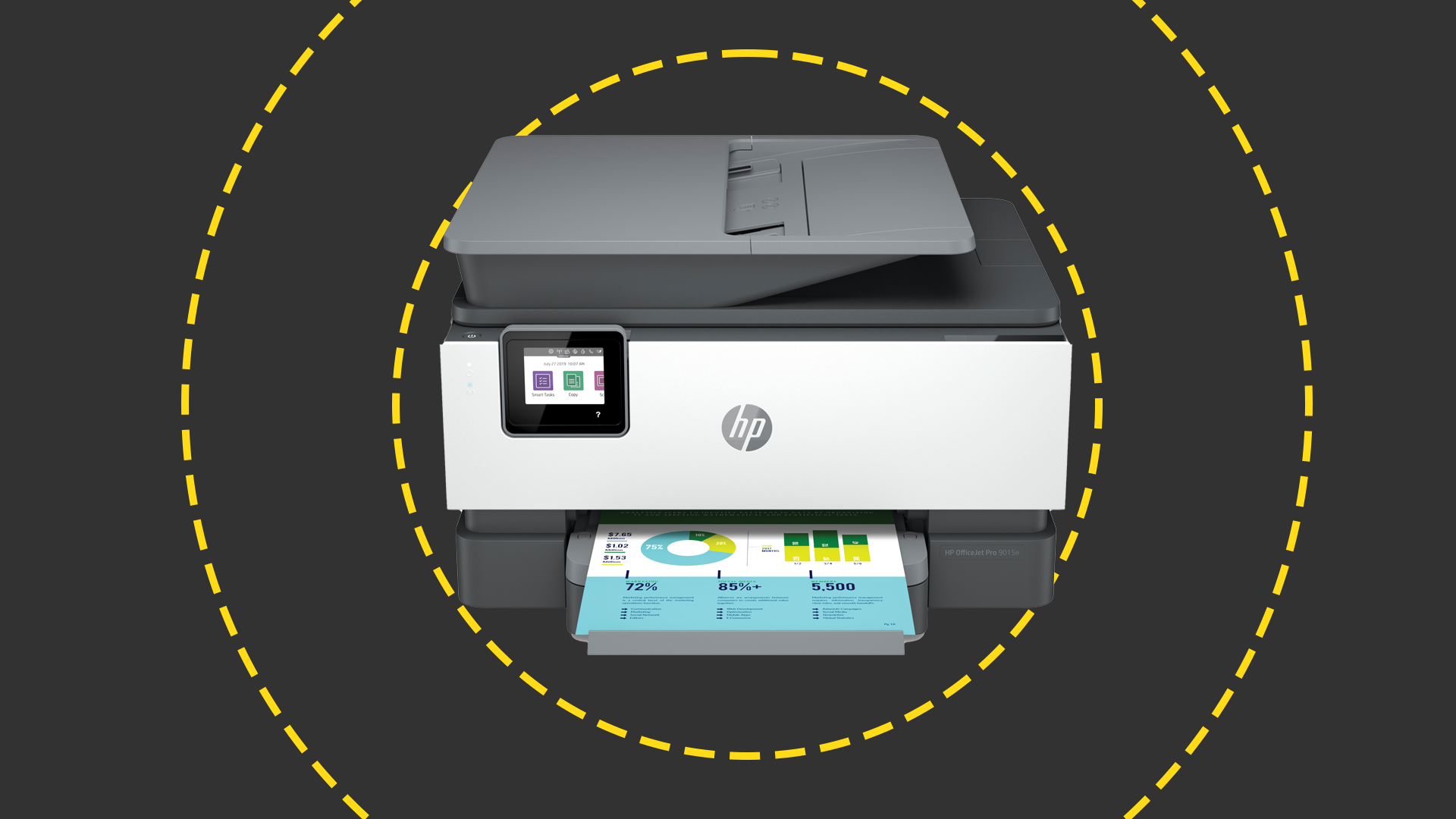 HP OfficeJet Pro 9010e review: An MFP that's unlikely to ever fall short
HP OfficeJet Pro 9010e review: An MFP that's unlikely to ever fall shortReviews Great print quality, nippy speeds, and flexible ink choices show that HP can still make excellent MFPs
-
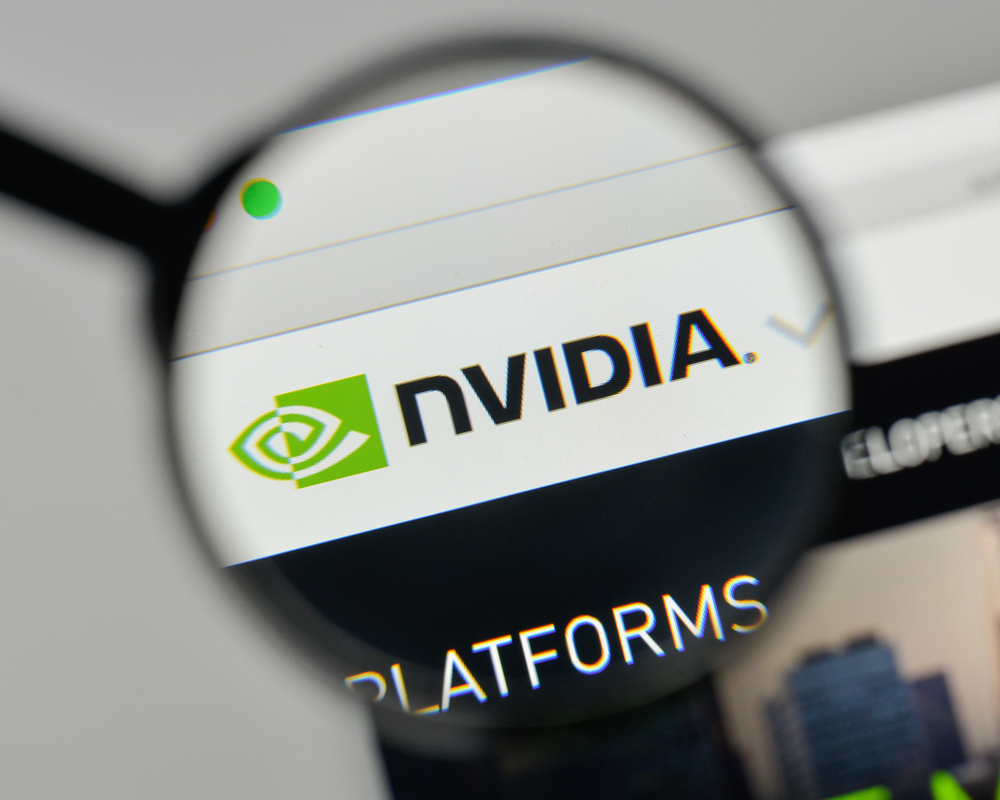 PCI consortium implies Nvidia at fault for its melting cables
PCI consortium implies Nvidia at fault for its melting cablesNews Nvidia said the issues were caused by user error but the PCI-SIG pointed to possible design flaws
-
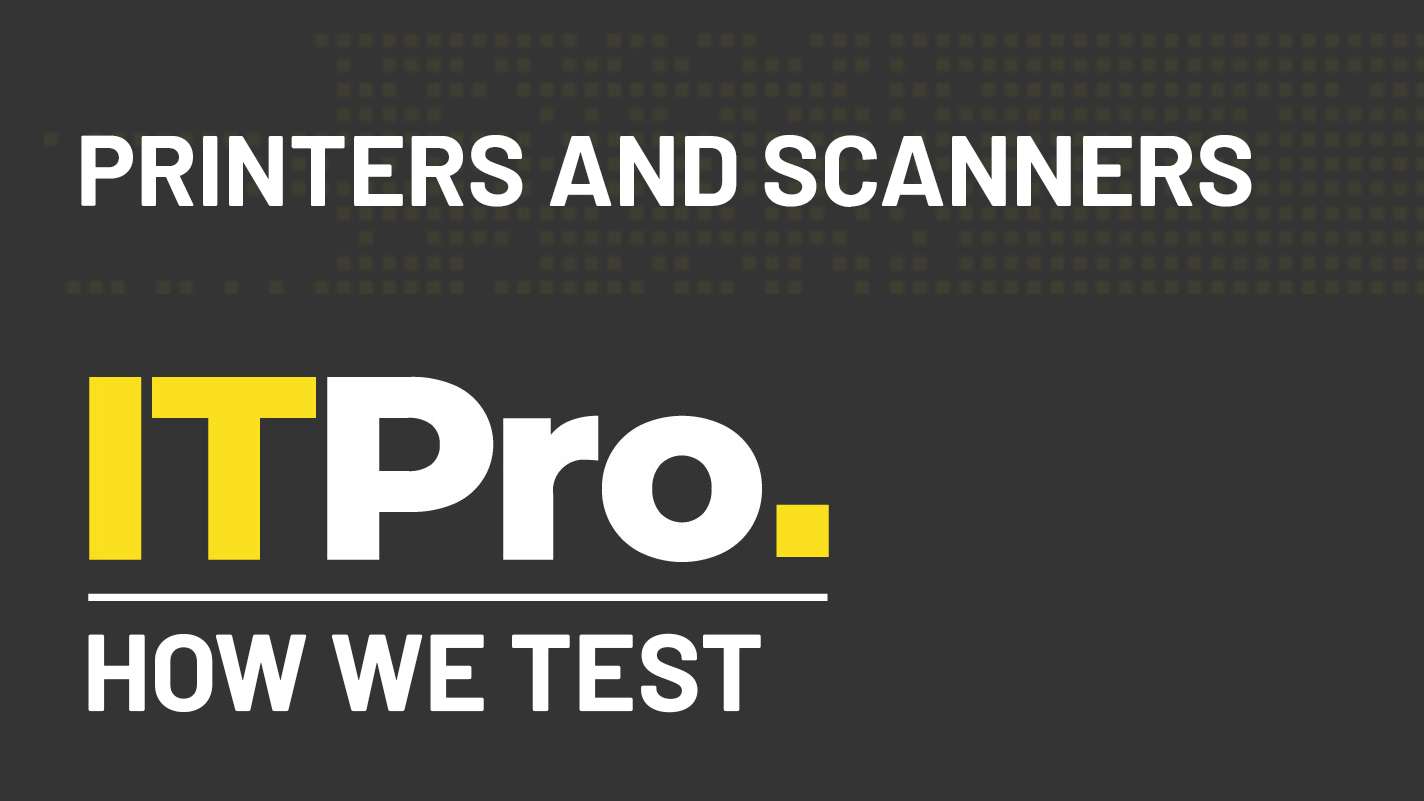 How we test printers and scanners
How we test printers and scannersReviews Everything you need to know about our benchmarking process for print devices
-
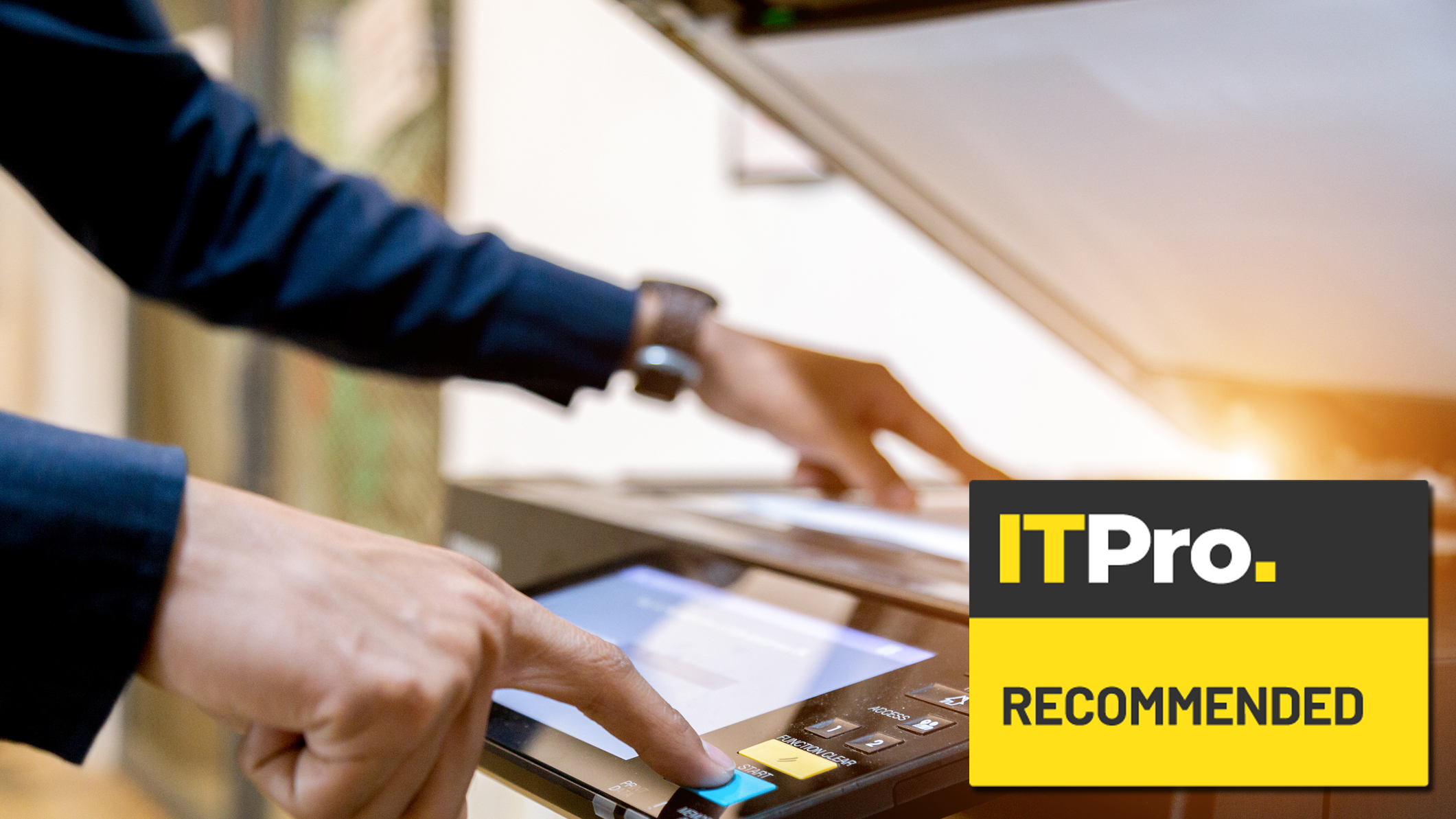 Best digital copiers
Best digital copiersBest Below you can find our pick of the best digital copiers
